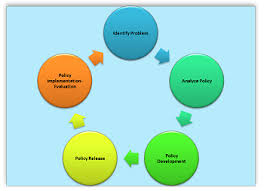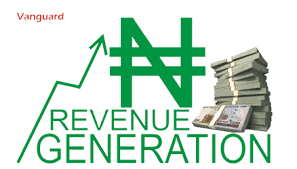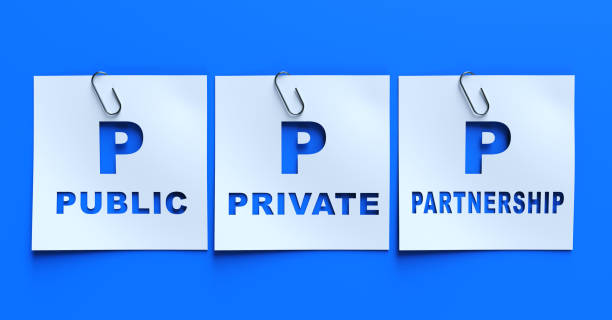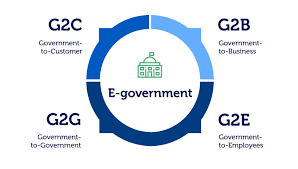Uplifting Low-Income Households along the Energy Ladder in East Africa
Analysis of the Pay-as-you-cook Model
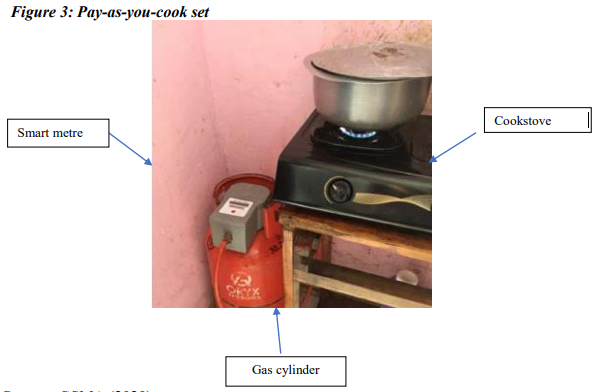
Downloads
In East Africa, household cooking energy use replicates the energy ladder theory. Many low-income families rely on traditional biomass because they cannot afford modern, clean cooking energy such as electricity and Liquefies Petroleum Gas (LPG). Introducing and disseminating the Pay-as-you-cook model offers an excellent opportunity for low-income households to use LPG. This study aims to appraise the influence of Pay-as-you-cook in assisting lower-income households in adopting LPG for cooking. Specifically, it examines the upfront costs, observes the running costs, and assesses the challenges facing Pay-as-you-cook service provision. The documentary review method was used to collect data, and MySQL databases were used to retrieve data. A deductive approach was applied, starting from general specific. In the first stage, general information on cooking energy was reviewed. This was followed by information on clean cooking initiatives, LPG adoption, and specific data on the Pay-as-you-cook model. At the later stage, the study focused only on the countries that have introduced Pay-as-you-cook. Results show that the Pay-as-you-cook model helps address LPG affordability challenges to low-income households. The model reduces upfront costs by allowing LPG users to lease the cylinder instead of paying the cylinder deposit. Results reveal that the model relieves the running cost by enabling gas recharge in smaller quantities instead of a complete cylinder refill or exchange. Additionally, the study discovered that reliance on imported fuel and its non-renewability status are potential risks to Pay-as-you-cook sustainability. Furthermore, it faces impenetrable roads, unreliable mobile money services, and poor internet connectivity. The study concludes that despite these challenges, Pay-as-you-cook is a better option for inspiring low-income households to use LPG. Clear policies and strategies, collaboration between the public and private sectors, and awareness-creation campaigns are recommended to support widespread deployment across the region.






